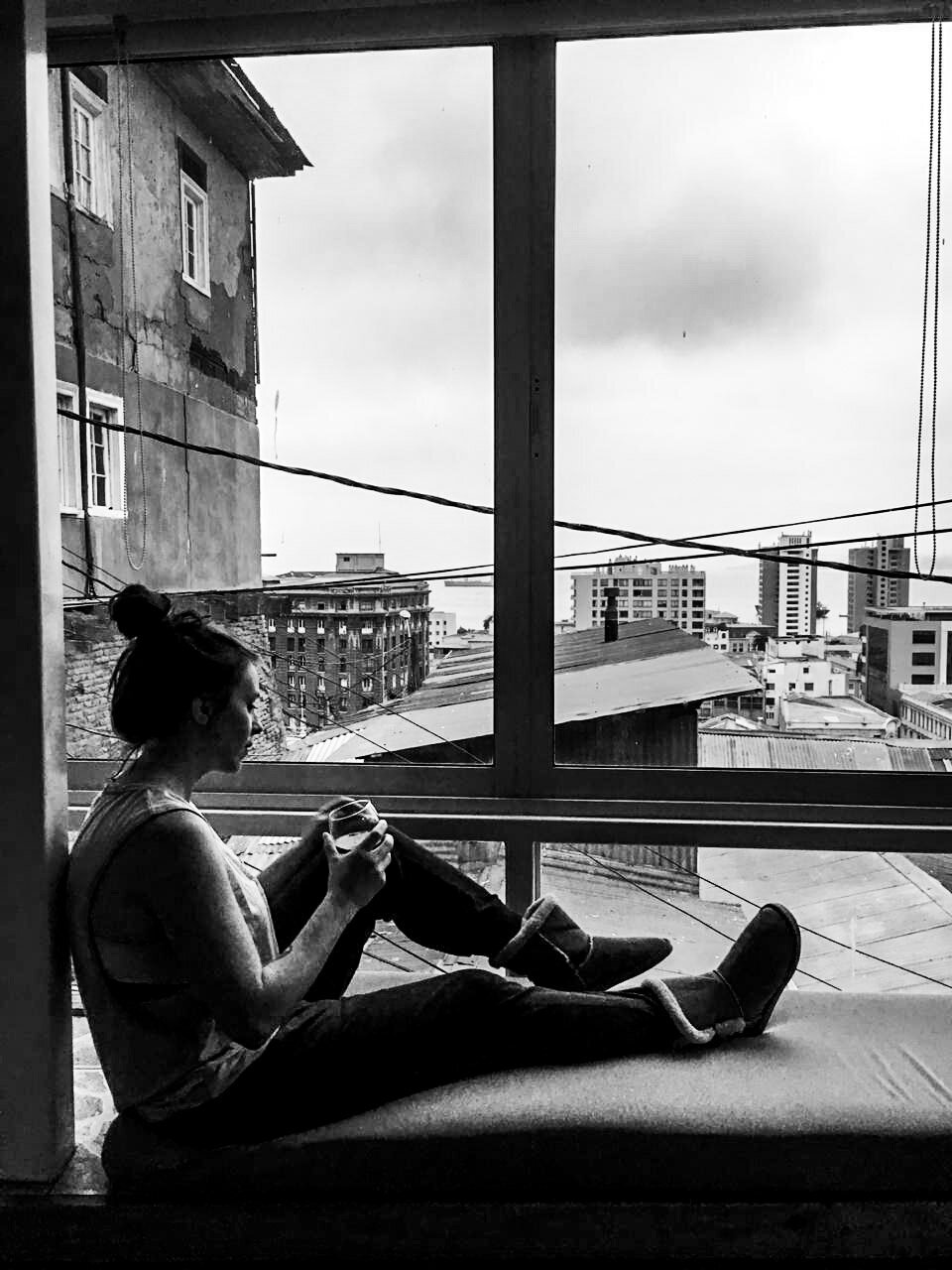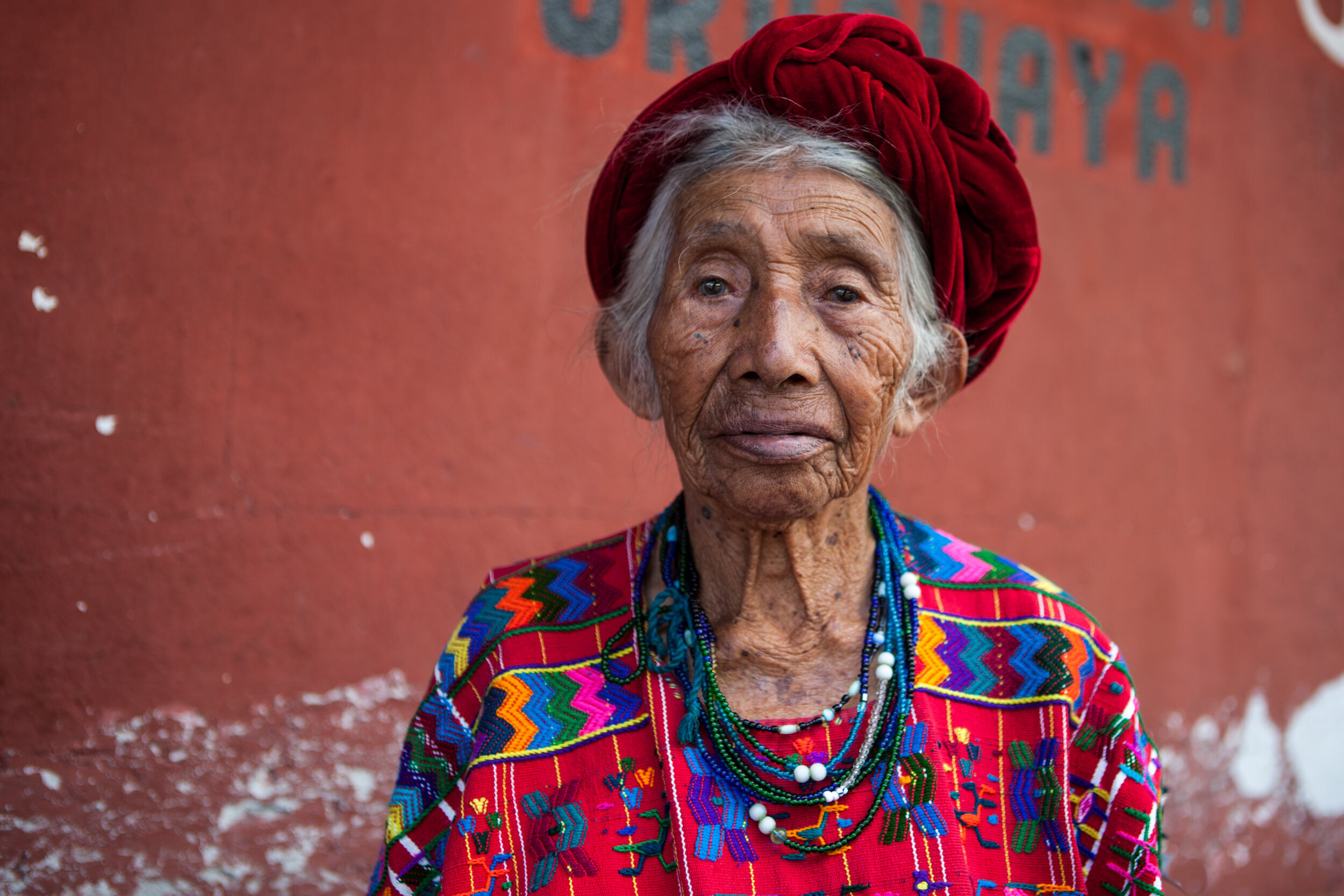7 hot tips for thrifty travelling - budget backpacking hacks!
So, you wanna travel but you’re on a bit of a tight budget?
Read on my friend - welcome to my world of tried-and-true travel hacks!
1.Travel in shoulder season.
Shoulder season is those in-between months before or after high season, usually the spring or autumn months before high season hits (normally summer) or just before the low season kicks in (normally winter).
This is my number one favourite travel hack that I've learnt over my years of travelling. There's a reason why the high season exists - warm weather, the peak holiday season (eg. Christmas, summer holidays), better opportunities to do activities that would otherwise prove difficult in bad weather (eg. hiking, day tours, etc). These factors make it a favourable time to travel to that particular destination during that particular season. However, there is also a good reason why it has been coined 'high' season; the high costs! It doesn't matter where you are in the world, if you want to travel in high season, you're gonna pay a pretty penny for it.
As a budget traveller, the advantages of travelling during shoulder season definitely outweigh the benefits of high season travel. For starters, the cost of accommodation, transport, tours, food, etc and pretty much everything is significantly lower, and the savings can range anywhere 2-5 times cheaper than high season. This includes flights (internal and international), accommodation, internal transport such as buses and trains, and tours (both local day tours and longer, multi-week-long adventure type tours).
By travelling in the shoulder season, you're saving a lot of money on travel expenses and while the weather may not always be perfect summer weather, it is still pretty decent! Okay, it's not summer so you're going to have a lot of balmy nights, but it's also not winter, so you won't be freezing or getting completely rained out either. Think jeans and t-shirt weather with the advantage of still being able to do the activities that travellers do in high season, yet at a much lower price, and with fewer crowds.
2. Sign up for sale fare alerts & nextvacay.com
Flight hacking 101: Never pay full price for flights. Ever. The best way to avoid this is to jump on your favourite airline and/or travel agent’s website and sign up for their email, desktop and app notifications. (NB: you’ll need to research which airlines fly to which countries and continents and sign up to the relevant airlines. Eg. Qantas & Latam when flying from Australia to South America direct).
If you're anything like me, your email inbox is also bursting at the seams and want to avoid more email subscriptions than rather than signing up for email alerts, you can choose to receive desktop notifications via the airline’s website, or better yet, download the airline’s app and set alerts for your chosen destination. This allows you to receive an app notification on your mobile whenever that airline has a sale fare for the destinations you’ve selected.
Sale fares usually only apply between certain dates, and don’t normally occur during high season dates such as Christmas holidays and summer etc so having flexibility in your travel dates is definitely the best way to save $$ on flights. However, if you only have a small date range in which to travel then setting alerts is still going to help as you'll be notified as soon as a sale fare appears for your chosen destination and dates.
Nextvacay.com
This is a site dedicated to alerting members to crazy cheap fares outbound from their home city or assigned airport via an innovative airfare search system that its founders created. It's a membership-based alert system however I wholeheartedly believe it's worth the $25USD membership price tag. I'm more than happy to pay that if it's saving me hundreds of dollars in international flights! Best for people with flexible travel dates and/or who aren't particular about where they want to explore on their next trip but are just looking for budget flights to a cool, random destination.
3. Transit on weekdays
This tip ties in with picking up sale fares as you'll most likely find the sale fares will fall on weekdays, with the cheapest flights generally falling on a Tuesday or Wednesday. Unless absolutely necessary, forget booking flights/buses/trains or any transport option from Friday through to Monday. These are generally always the most expensive days to travel, regardless of the mode of transport and where you are in the world. Similar to the high season concept, the weekends are also peak times for travelling, hence the higher ticket prices. Save yourself the extra cash and travel between Tuesday-Thursday where you can. Applies worldwide, all year round!
4. Plan your own itinerary & avoid tours
A little travel hack that I taught myself a few years back: When I'm planning a trip, I jump online & look up tour options in that area (eg. If I'm planning to travel to Patagonia, I google 'tours in Patagonia'). I browse through the different options and when I find a tour that aligns with my interests and what I want to see/do, then I download the itinerary and use that as a base to build my own trip itinerary. I then figure out how many days I want to spend in each place, book the relevant transport and accommodation, and travel independently on my own little 'tour'. This trick has saved me on average between $300-$1000 each trip, plus saved me hours of time and effort trying to research all the info on my own! Tour companies aren't gonna like it but damn, it's a good trick so sorry, not sorry!
5. Alternative accommodation options
Leave the fancy hotels for anniversaries and birthday weekends.
We are spoilt for choice these days when it comes to choosing accommodation options while travelling! There is an array of options which vary in facilities, budget, and length of stay, with some better suited to solo travellers or small group of budget backpackers, and others better suited for couples or larger groups. Some of my favourite budget travel accommodation options include:
Hostels
Perfect for solo travellers on a budget looking to meet new people, get a little social and swap travel tips amongst new friends. My two favourite go-to booking sites are:
Alternatively, some hostels allow you to book via messaging systems on their social media platforms (eg. Facebook, Instagram) or directly via a booking system on their website.
Couchsurfing
An amazing innovative platform that functions as a 'travellers community' in which people open their homes to host travellers so they can stay for free in a home, share languages, cuisines, travel stories and generally the hosts will show around their home city and provide hot tips of their favourite places to go and things to see. Great for solo travellers, couples or people travelling with one or two friends.
Airbnb
Perfect for big groups as the accommodation price can be split between you all and generally works out around the same cost as a hostel dorm bed per person, but with the advantage of having your own house or apartment. Also a great option for couples who are craving a bit of privacy and downtime after being on the road for a while!
Volunteering
Mostly aimed at solo travellers or couples. International volunteering is a great way to eliminate accommodation costs in exchange for working reception in hostels while spending time to getting to know a city, or by doing a bit of farm work, ranching, or vineyard work while spending time exploring the mountains and countryside in new country. My two favourite volunteer platforms are:
Housesitting
Membership-based platforms in which you create a profile in order to apply to housesit someone's house while they are away. You stay at their place for free in exchange for looking after their property and pets they may have.
A fantastic option for long-term travellers looking to spend a bit more time getting to know a certain area. Housesit stays can vary anywhere between a few days and six months. A particularly great option for digital nomads who are looking for a real home and quiet space to work online while travelling the world.
There are a few different platforms but I personally use Trusted Housesitters as it seems to be the most well-known and with the biggest network of global housesitting opportunities.
6. Eat local, shop local & cook creatively!
If you're going to eat out while travelling, it's best to eat at the little hole-in-the-wall type places where the locals eat, or better hit up the street food! Not only is it way more budget-friendly, but you'll also get to experience more authentic local cuisine and try out some new, random eats that are not offered in the more expensive, restaurants located in the tourist areas.
I always recommend to head out and do some decent grocery shopping on the first day you get into town. This allows you to get maximum use out of the money you are spending on food items and cook one or two dishes that will last you the few days that you spend in that place. Fresh markets in the pockets out of town away from the tourist areas are where you going to get the most bang for your buck by finding the freshest food at the cheapest prices. If you're surrounded by locals doing their grocery shopping, you know you're in the right place!
Now, once you've done your grocery shopping - it's time to get creative with your cooking! Forget about the recipes and meals you make back home, chances are you won't be able to find all the ingredients in whatever country you're currently. If you do, they're going to be a lot more expensive because they're imported. I recommend getting a feel for what food items are readily available and common to that area, as they are going to be cheaper, as well as tasting better. The longer you travel, the better you become at what I like to call 'frugal fusion cuisine'!
7. Pack light, avoid cab fares & extra transportation costs
Last but not least, pack light kids! I know, I know. We all want to pack a few ‘necessary’ comfort items, some cute outfits for 'going out', along with an array of different toiletry options, but believe me, you're only going to make it harder on yourself. You'll regret it the minute you step off your plane, weighed down by unnecessary heavy luggage and realise you have to cull some items straight away! Have a good think about where you're travelling to and the clothes and items that are actually going to be practical for that place.
A few important things to consider:
The climate - pack sensibly for expected weather conditions. Sure you can get away with just shorts and t-shirts if you’re heading to the Caribbean, but if you’re heading to somewhere like Patagonia or Europe during the winter, then you’ll obviously need to pack heavier clothing such as waterproof hiking boots and snow jackets.
Comfort - boots, sneakers and thongs. Any other shoes should be considered as unnecessary luxury items and you will most likely not even wear them! Chances are you're going to be doing a lot of walking so make sure your feet are supported and comfortable.
Think digital - don't go packing a heap of books, magazines, paperwork - you're adding extra weight that you don't not need! Try to digitalise all these things so that they're available on your laptop, iPad or mobile phone. Believe me, packing one laptop or iPad that weighs 1-2kgs is a much more sensible option as it will come in handy for so many different things while travelling.
Backpack over wheelie bag/suitcase - you're gonna thank me for this later! Although at first thought, taking a wheelie bag seems like a more convenient way to go, chances are you're going to find yourself having to drag it down pebble-stone streets, sandy beaches, climbing staircases and steep hills, as well as pushing it through crowds when you're jumping on and off trains and buses. Backpacks are definitely way more convenient in all of these situations, as well as safer in avoiding your luggage getting stolen (harder to steal when it's strapped to your waist!).
I've downgraded my luggage size and weight every time I've taken off a new trip and still continuously getting rid of things on my travels!
My perfect luggage amount?
1 x 55L backpack (check-in) and 1 x 30L day pack (carry-on). My current backpack weighs 16kg (which includes a tent, yoga mat, a pair of boots, sneakers, thongs, workout clothes, toiletries, a first-aid kit and all my normal clothes for a one-way ticket). My daypack weighs 8kg and includes my Macbook Pro, electronic charger cables, passport and documentation, thermos, water bottle and snacks, wallet, important items and knickknacks for transiting such as an eye mask, earplugs and headphones.
Between these two bags, I have everything important that I need and can also comfortably walk around with these backpacks on while transiting without them feeling like a burden.
It took me years of trial-and-error travels to figure out this list of little travel hacks so I hope it helps you travel cheaper, better, and longer! The more you travel, the better you get at packing and figuring out the most essential travel items for you.
Safe travels and keep on wandering!




